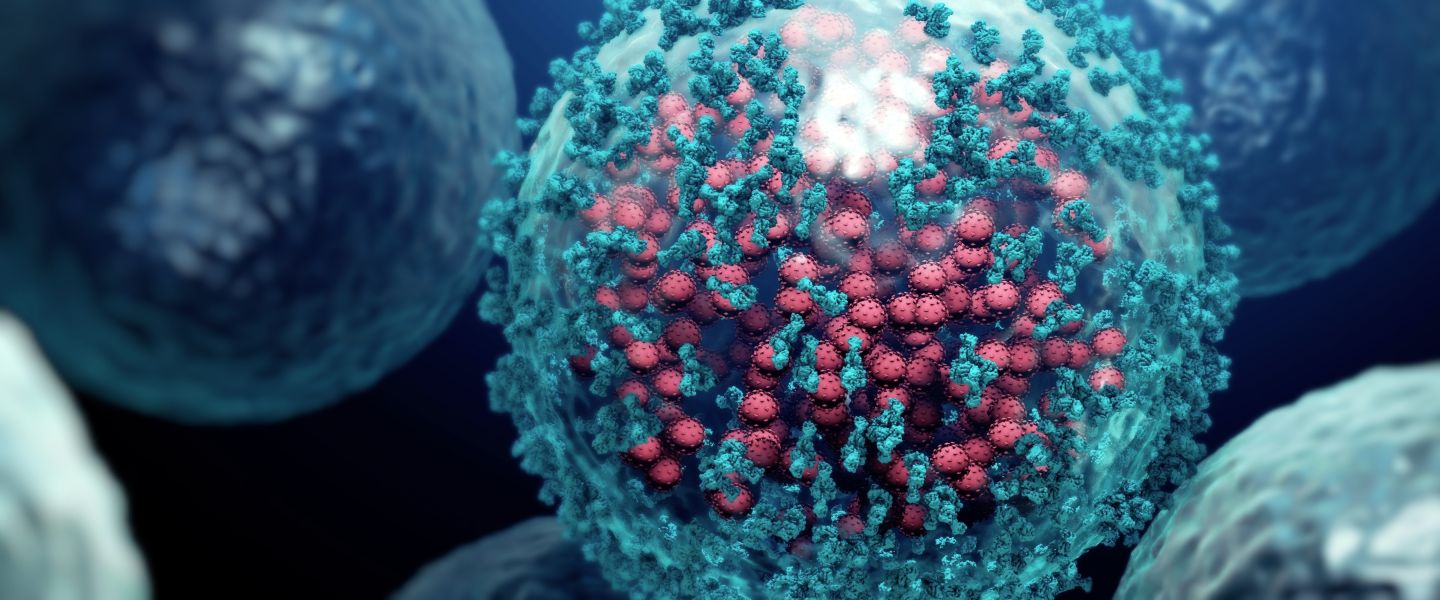SHARING / REPOSTING GUIDELINES: We're very happy to have posts/articles shared as direct links.
However, if you are replicating and re-posting information from this website or our posts, Abbey requests that you:
A) Only ever share articles in part (not in full). (eg. You can lift a paragraph as a way of introducing your readers to the topic) B) Be sure to always provide a direct link/URL back to the full original article here on the MyHealingCommunity.com website. Thanks in advance for your co-operation when sharing and re-posting any and all information that appears on this website.
Adequate hydration is especially essential during cancer treatment.
Author Credit: The information in this post was originally shared to members of the Healing Cancer Study Support Group in May 2023. Permission to share the information here on MyHealingCommunity.com was granted by the author Dr. Daniel Thomas. See the sharing guidelines for this post above.
The Importance of Hydration During Cancer Treatment
- Dr. Daniel Thomas, DO, MSThe journey through cancer treatment can be a challenging and demanding experience, posing unique physical and emotional obstacles for patients. This posting examines one often overlooked aspect of cancer care: maintaining proper hydration, which plays a critical role in supporting various bodily functions and overall well-being. Adequate fluid intake not only helps to ensure proper organ functionality, but also bolsters the immune system, assists in drug metabolism, and alleviates common side effects associated with cancer therapies. Moreover, staying well hydrated helps to preserve energy levels, prevent electrolyte imbalances, and promote general health, all of which are vital for patients as they navigate the challenges of their cancer journey.
Optimal Organ Function:
Adequate hydration is essential for maintaining optimal organ function, including the kidneys, liver, and heart. These organs play a vital role in eliminating toxins and waste products from the body, including those generated during cancer treatment. When a patient is well-hydrated, it becomes easier for the body to process and excrete the byproducts of chemotherapy and radiation therapy. This efficient elimination helps to reduce the risk of potential side effects and complications, ensuring a smoother treatment process.
Immune System Support:
Proper hydration can support the immune system, which is vital in helping the body fight off infections and recover from the side effects of cancer treatment. A strong immune system is essential for cancer patients, as their bodies are often more susceptible to infections and illnesses due to the impact of cancer itself and the treatments used to combat it. By staying well-hydrated, patients can provide their immune system with the necessary resources to function at its best, further aiding their recovery and overall health.
Drug Metabolism and Elimination:
Cancer treatments often involve the use of various medications, including chemotherapy drugs. Staying hydrated helps the body metabolize these medications more effectively and can aid in their elimination from the body, reducing the risk of potential side effects. Adequate fluid intake allows the body to process and transport these drugs to the target areas more efficiently, increasing the effectiveness of the treatment while minimizing adverse reactions.
Alleviating Side Effects:
Dehydration can exacerbate common side effects of cancer treatments, such as nausea, vomiting, diarrhea, and constipation. Staying well-hydrated can help to manage these side effects and improve overall comfort during treatment. Proper hydration can also help to alleviate other side effects, such as dry mouth, sore throat, and skin irritation, which can occur as a result of certain cancer therapies. By maintaining a sufficient fluid intake, patients can experience a more tolerable and manageable treatment process.
Energy Level Maintenance:
Dehydration can lead to fatigue and low energy levels. Staying hydrated can help maintain energy levels and make it easier for patients to cope with the demands of cancer treatment. As cancer treatments can often be physically and emotionally draining, maintaining adequate energy levels is crucial for patients to continue their daily activities and participate in supportive therapies or exercise programs that can improve their quality of life during treatment.
Preventing Electrolyte Imbalances:
Cancer treatments can cause shifts in the body’s electrolyte balance, which can lead to complications such as muscle cramps, irregular heartbeats, and changes in blood pressure. Drinking enough fluids can help maintain electrolyte balance and reduce the risk of such complications. Proper hydration also ensures that nutrients and minerals, such as sodium, potassium, and calcium, are adequately balanced within the body, supporting essential physiological processes.
Supporting Overall Health:
Adequate hydration is essential for overall health and well-being. Cancer patients may already be experiencing a weakened physical state due to their illness, so maintaining proper hydration is especially important during this time. Staying well-hydrated can help improve cognitive function, promote healthy digestion, and maintain the integrity of the skin and mucous membranes, further contributing to a patient’s overall health and resilience.
Conclusion:
Given the numerous benefits of proper hydration, it is evident that maintaining an adequate fluid intake is crucial for individuals undergoing cancer treatment. By ensuring optimal organ function, supporting the immune system, assisting in drug metabolism and elimination, alleviating side effects, maintaining energy levels, preventing electrolyte imbalances, and promoting overall health, proper hydration plays a vital role in helping cancer patients navigate the challenges of their treatment journey. Doctors and patients should work together to monitor and address hydration needs throughout the treatment process, adjusting fluid intake as necessary to optimize patient comfort and well-being.
Dr. Daniel Thomas, DO, MS
Metabolic & Nutritional Medicine
Integrative Cancer Therapeutics
Mount Dora, Florida
DISCLAIMER: Any and all information in this post was gathered from published research in cell lines or animals, or from typical clinical use. It may not be complete, may not have not been verified in humans, and is NOT meant or given as medical advice, but only as a guide to further exploration.







